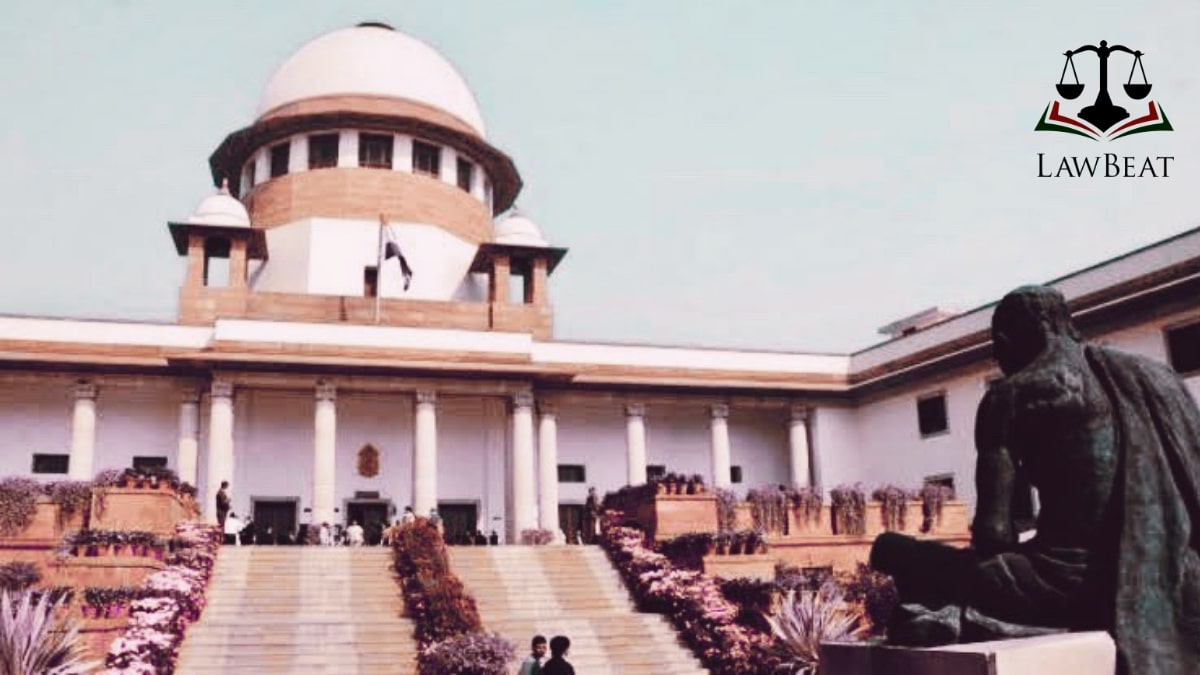Reasoning is ‘life blood’ of judicial system, reasoned order is fundamental tenet of our system: Supreme Court

While setting aside an order of the Rajasthan High Court granting bail to a habitual offender accused of committing the grievous offence of rape against his young niece of nineteen years, the Top Court has said,
"Reasoning is the life blood of the judicial system. That every order must be reason is one of the fundamental tenets of our system. An unreasoned order suffers the vice of arbitrariness."
A bench of CJI NV Ramana and Justice Krishna Murari noted that apart from general observation that the facts and circumstances of the case have been taken into account, nowhere had the actual facts of the case been adverted to by the High Court.
"There appears to be no reference to the factors that ultimately led the High Court to grant bail. In fact, no reasoning is apparent from the impugned order", said the bench.
Supreme Court was further of the opinion that order passed by the High Court was cryptic, and suggested no application of mind.
"There is a recent trend of passing such orders granting or refusing to grant bail, where the Courts make a general observation that "the facts and circumstances" have been considered. No specific reasons are indicated which precipitated the passing of the order by the Court", the Court remarked.
These observations were made by the top court while allowing appeal filed by Ms. Y challenging the final judgment whereby the High Court had granted regular bail to respondent no. 2 accused.
Ms Y submitted before the top court the High Court did not consider that the accused was a hardened criminal with nearly twenty criminal cases pending against him.
While considering whether the High Court had exercised the discretionary power under Section 439 CrPC in granting bail appropriately, the CJI led bench said,
"Such an assessment is different from deciding whether circumstances subsequent to the grant of bail have made it necessary to cancel the same. The first situation requires the Court to analyze whether the order granting bail was illegal, perverse, unjustified or arbitrary. On the other hand, an application for cancellation of bail looks at whether supervening circumstances have occurred warranting cancellation."
A bare perusal of the impugned order passed by the High Court does not suggest that the Court has considered any of the relevant factors for grant of bail, noted the bench.
"...the High Court has failed to consider the influence that the respondent no. 2 accused may have over the prosecutrix as an elder family member. The period of imprisonment, being only three months, is not of such a magnitude as to push the Court towards granting bail in an offence of this nature", observed the top court while cancelling the bail.
Case Title: Ms. Y vs. STATE OF RAJASTHAN AND ANR.
